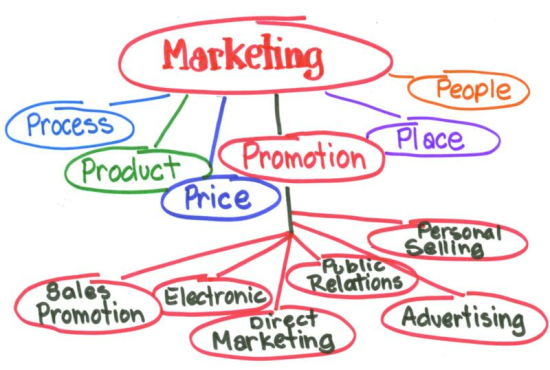A marketing system is the structure that surrounds the marketing strategy or plan. It not only involves assessing the market or target customers' needs and competitive environments, but the often over looked consideration of a customer's lifetime value. The marketing system should take into consideration your core marketing goals (i.e. market dominance, segment dominance, low cost provider, premium provider etc.) The marketing system brings the strategic marketing plan to life while continually providing a basis for gaging results and effectiveness.
In reading John Jantsch's recent book "The Referral Engine", he talks about the need for businesses to have an overall marketing system, which would also include a referral system. From my experience of working with a variety of entrepreneurs, I've noticed that they have very systematic approaches to financing, management, purchasing, and other facets, but marketing can often be relegated to a series of random acts in an effort to get new customers. One of the biggest challenges with this approach is that without a clear understanding of the overall marketing system, determining the value of adding any given marketing activity can be difficult. Each marketing element is looked at as a stand-alone activity that must continually justify its value.
The better approach is to determine how a given marketing activity will fit in with the overall marketing system and whether or not it will contribute to making the marketing system work better. Trying to evaluate random acts and determine their relative value distorts or potentially diminishes a true understanding of their worth.
Having a well-defined marketing system with clearly understood targets, benefits, and goals will help improve the accountability for all your marketing investments. Having a marketing system allows you to be prepared for the success a given marketing activity might deliver or understand why it failed.



